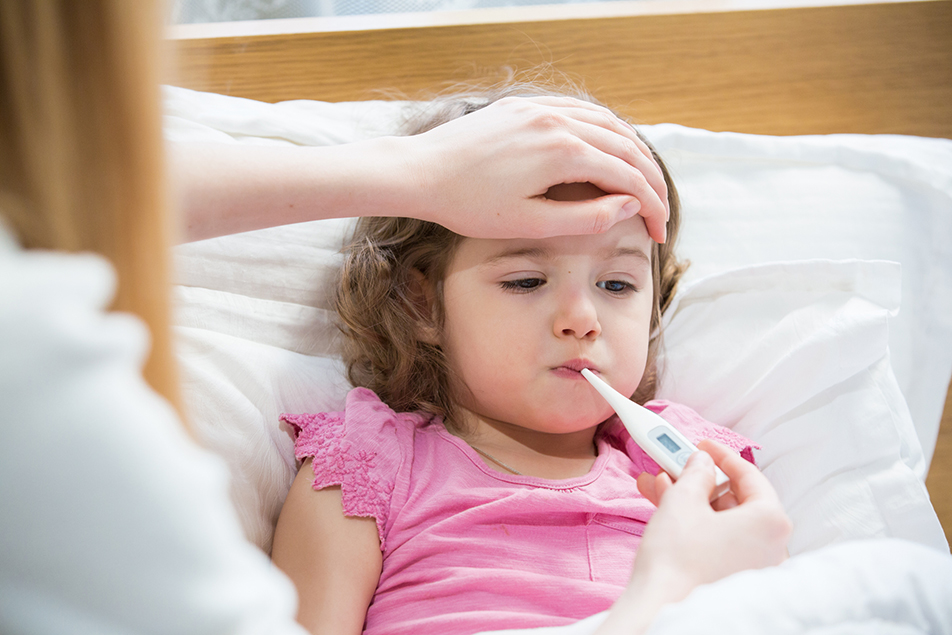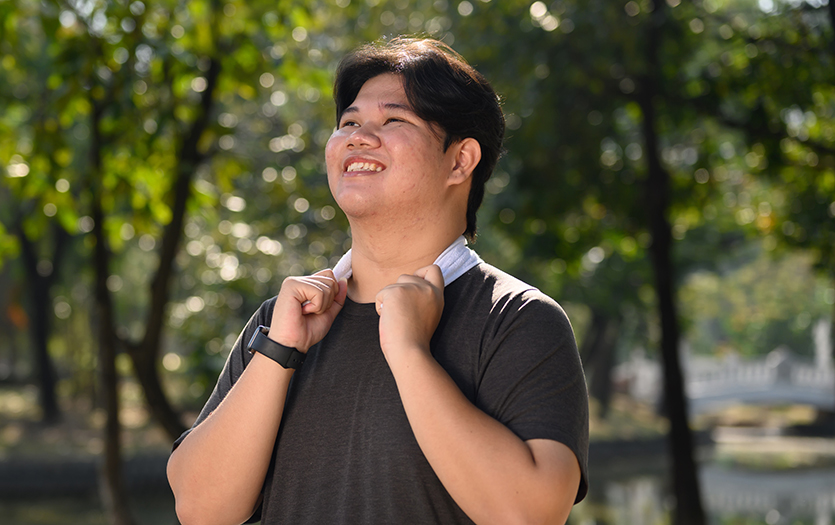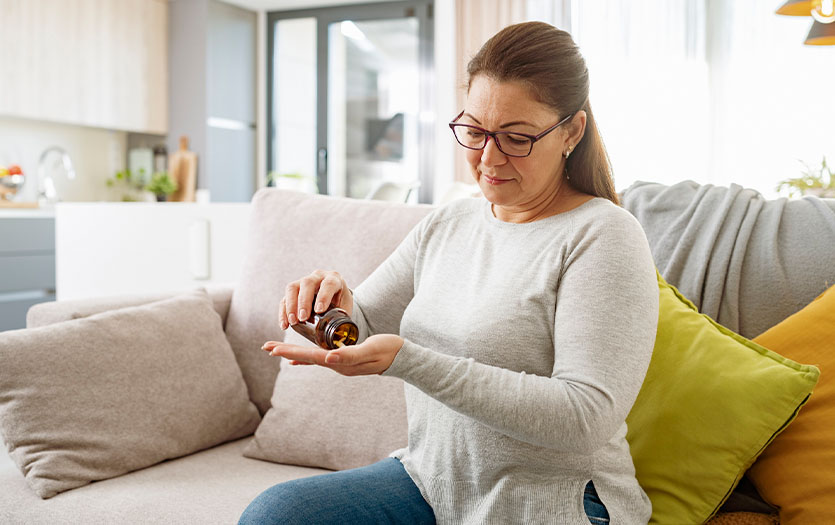
In recent weeks, stories have emerged of a new COVID-19-related condition appearing in children. We asked Robyn Schmucker, MD, PPG – Pediatric Infectious Diseases, to tell us more about MIS-C.
What is Multisystem inflammatory syndrome?
Multisystem inflammatory syndrome (MIS-C) looks very similar to Kawasaki disease. It is basically a ramping up of the immune system, which produces a lot of generalized inflammation in the organs and the vessels of the body. Children suffering from MIS-C will have a prolonged high fever but will not necessarily have respiratory symptoms. Abdominal symptoms, such as diarrhea, vomiting and for some children, symptoms similar to those that accompany appendicitis, are possible. They can also have low blood pressure and go into shock. This is believed to be a post-infectious or post-inflammatory condition that follows COVID. New York City physicians treating children with MIS-C noted that their COVID-19 cases peaked in late March/early April. Approximately 4 weeks later, New York City started seeing MIS-C in children.
What are some of the tell-tale signs that parents should be aware of?
The main symptom to look for is fever. If your child has prolonged high fever for four to five days, you should call your child's doctor. In younger children, you should look for a temperature of at least 100.5 degrees and in older children at least 101 degrees.
There have been photos where some children have a mysterious rash. Is that a symptom?
Yes, some children will have a rash. With this syndrome, children can have anything from a rash to neurologic symptoms, such as headaches and neck pain, similar to meningitis, to gastrointestinal symptoms. Most kids will at least have a high fever. That is the first thing parents should look for.
When you talk about inflammation in the organs or vascular structure, is that something that is clear to the naked eye?
This cannot always be seen externally. Some signs of inflammation that parents could visualize include rash, red lips or red eyes. Usually the inflammation is internal though, and there is no evidence externally.
Aside from perhaps some steroid treatments to help reduce the inflammation, what are you hearing is an effective treatment for these symptoms?
Currently this is being treated very much like Kawasaki disease, with a medication called immunoglobulin or IVIG. IVIG is a blood product that contains antibodies from hundreds of people. This is not given to fight off the COVID-19 infection but has been shown to decrease inflammation. We are also using steroids and high dose aspirin to help with the inflammation. Again, this is such a new syndrome that even the doctors in New York who have seen the most cases commented that we do not know if this is the correct treatment. This is what has worked so far. It sounds like the cases in New York have had mostly good outcomes with this approach to treating MIS-C.
How concerned should parents be about MIS-C?
I think we should look at this cautiously. We cannot underestimate how COVID-19 can and is affecting kids. I think we are just starting to see the outcomes of how it is affecting children. I think parents should be aware of the signs and symptoms of MIS-C, but not too concerned. MIS-C is still overall very rare. I suspect we are going to have some cases in Indiana. Comparing it to Kawasaki disease, those kids have very good outcomes when treated appropriately and in a timely fashion. I am hopeful that all children with MIS-C will have good outcomes as well.
How can parents and children prevent MIS-C?
I think the most important thing parents can do is encourage your children to wash their hands frequently and continue to practice social distancing. I do not think it is a good idea yet to let your children go to friend's house, especially with many parents going back to work. Those parents are being exposed to other adults and infections and are potentially bringing it home to their children. I think we still need to keep our children isolated as much as possible. Another thing parents can do is keep children out of stores if at all possible. If you need to take your child into the store with you, make sure your child is wearing a mask (if they are older than two) and that the mask is covering up their nose and mouth. These are the best things parents can do right now to stay keep their children healthy.



